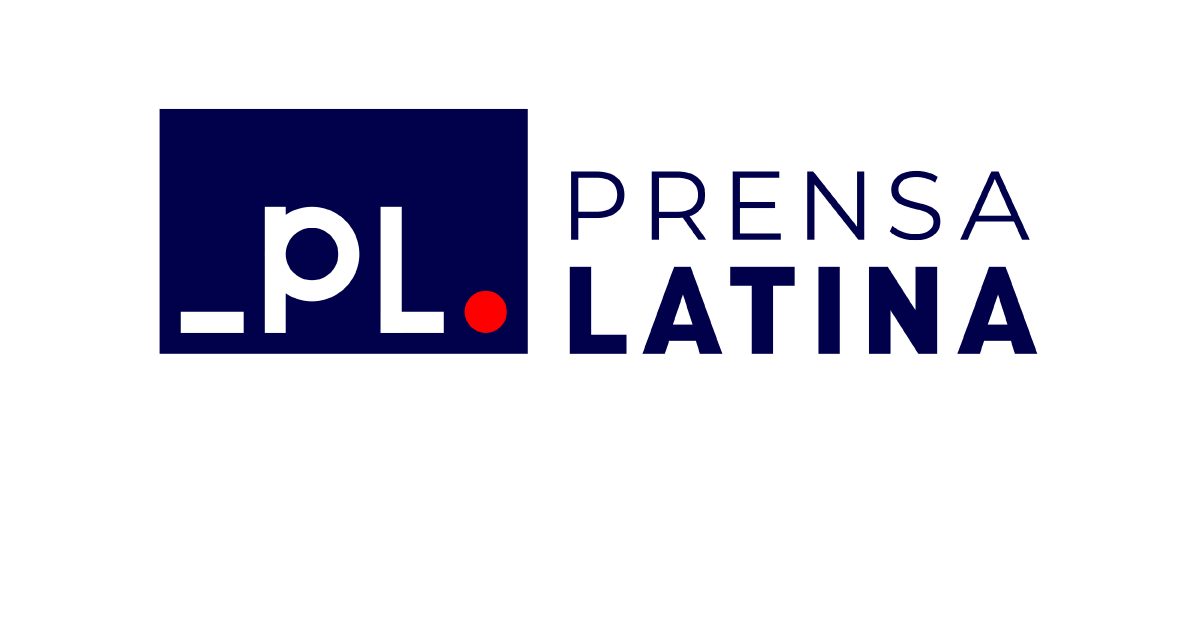The request was directed at the Supreme Court and against the director of the National Penitentiary Institute, Omar Méndez; and the President of the Judiciary, Elvia Barrios.
Also against President Pedro Castillo and Congresswoman María del Carmen Alva for their compliance with the Inter-American Court of Human Rights (IACHR) decision, which on March 30 most recently blocked a pardon for Fujimori that was ruled illegal in 2018 and ordered by the Constitutional Court (TC) reactivated.
The appeal was made by Gregorio Parco, the same attorney whose previous habeas corpus was upheld by the TC, this time invoking a rule that allows prisoners in serious health conditions to be sent home or to a hospital for treatment.
According to his daughter and neoliberal leader Keiko Fujimori, Fujimori has been in a private hospital since yesterday, where he was transferred for tachycardia and hypotension.
The ex-president, sentenced to 25 years for crimes against humanity, has only constant medical care available in his prison and an ambulance that, with any health problem, takes him to a clinic where he is treated and remains the necessary time.
Keiko Fujimori said yesterday that she believes the crisis her father is being hospitalized for stems from recent legal filings, ie the IACHR’s decision to prevent his release.
Earlier, the former president’s attorney, Elio Rivera, ruled out the inmate’s discomfort by the verdict of the court to which the Peruvian state belongs.
The judiciary is also analyzing a complaint by progressive lawmaker Ruth Luque against three members of the Constitutional Court (TC) who voted to reactivate Fujimori’s unlawful pardon, which was canceled in 2018.
“We need an independent constitutional court that guarantees the validity of human rights,” argued Luque on the constitutional complaint against the conservative judges Augusto Ferrero, José Luis Sardón and Ernesto Blume.
rgh/mrs

